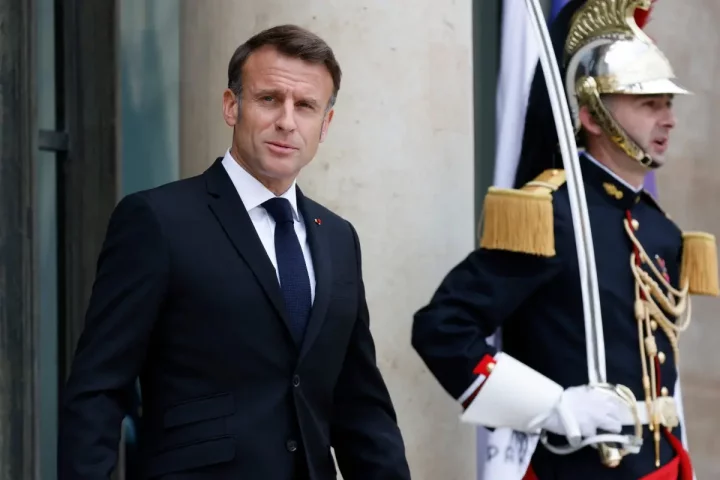
France is planning to reduce its military presence in West and Central Africa to around 600 troops in line with President Emmanuel Macron's plans to limit the French military footprint in the region, three sources told AFP.
In February 2023, Macron announced a "noticeable reduction" of French troop presence in Africa, as anti-French sentiment is running high in some former colonies and countries like Russia are vying for greater influence.
According to a plan under discussion with African partners, France is planning to drastically reduce its so-called "pre-positioned" forces in Africa.
According to two sources close to the government and a military source, France will keep only around 100 troops in Gabon in Central Africa, down from 350 today, and around 100 in Senegal, in West Africa, down from 350.
Paris plans to keep around 100 troops in Ivory Coast on the southern coast of West Africa, down from 600 troops today, and around 300 personnel in Chad in north-central Africa, down from 1,000 now.
The reduced presence could be periodically expanded based on the needs of local partners, the three sources said. Contacted by AFP, the French General Staff declined to comment.
Until two years ago, in addition to around 1,600 forces pre-deployed in West Africa and Gabon, France had over 5,000 troops in the Sahel region of Africa as part of the Barkhane anti-jihadist operation.
But it has been gradually pushed out by the juntas that came to power in Mali in 2021, in Burkina Faso in 2022 and Niger in 2023.
All the three countries have now concluded security agreements with Russia, which has been seeking to expand its footprint on the continent.
Chad, ruled by Mahamat Idriss Deby, the son of Idriss Deby Itno who was president for over 30 years, is the last Sahel country to host French soldiers.
'Reduce visible presence'
Landlocked Chad is surrounded by the Central African Republic, Sudan, Libya and Niger that host Russian paramilitary forces resulting from the reorganisation of the Wagner group, whose founder Yevgeny Prigozhin died in a plane crash last August.
In February, Macron tasked former minister Jean-Marie Bockel with working out the new modalities of the French military presence with African partners.
His conclusions are expected in July.
In May, Bockel told the Senate that France wanted to "reduce its visible presence, but maintain logistical, human and material access to these countries, while reinforcing our action in response to their aspirations".
The French army plans to set up a Paris-based command dedicated to Africa this summer, two sources told AFP.
The French army is not ruling out "pooling" its bases with Americans or European partners, the chief of staff of France's armed forces, General Thierry Burkhard, has said.
According to Burkhard, the tighter new structure will make it possible to maintain relations with local military authorities, "gather intelligence" and "pursue operational partnerships", among other tasks.
Instead of combat missions, French soldiers will essentially provide training and capabilities to partner countries, at their request.
In Ivory Coast, one of France's strongest allies in West Africa, the reduction in military personnel has already begun, with the number of troops now at 600 from 900 several months ago.
In Senegal, France's military presence is also shrinking.
The country's new left-wing pan-Africanist president, Bassirou Diomaye Faye, has insisted on the importance of his nation's sovereignty.
In May, Senegal's Prime Minister Ousmane Sonko said the country's wish to determine its path was "incompatible with the entrenched presence of foreign military bases".
But he did not call into question bilateral defence agreements.
The French base in Djibouti, which is home to 1,500 French troops, will not be affected by the downsizing.
France wants to retain a foothold in the small country located at the mouth of the Red Sea, on the western shore of the strategic Bab al-Mandeb Strait, through which around 40 percent of international trade passes.

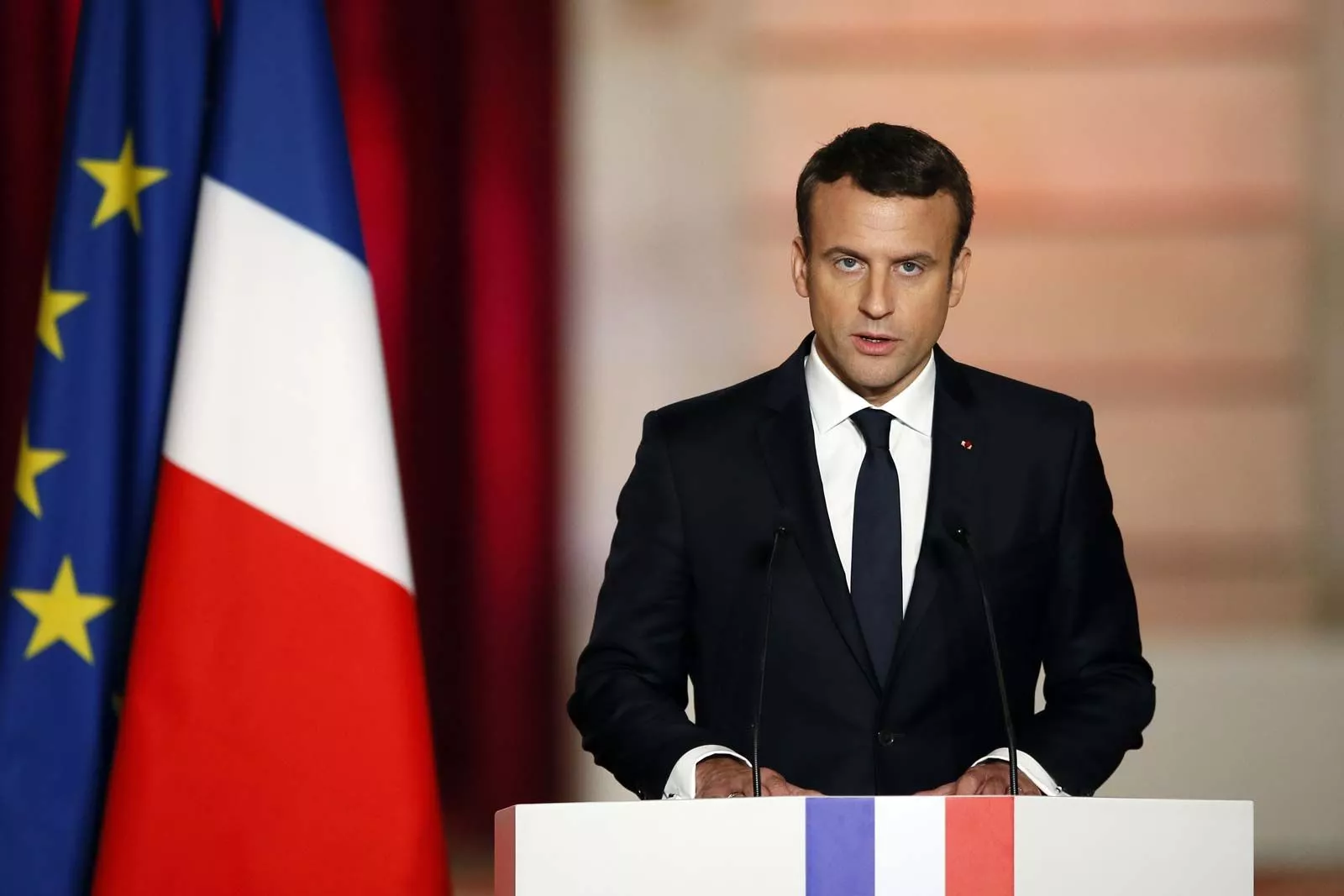


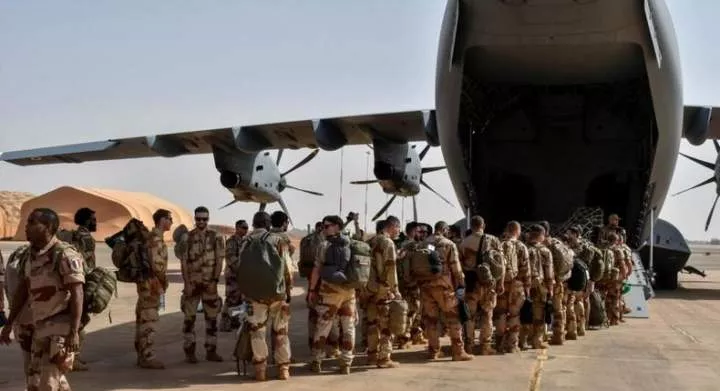
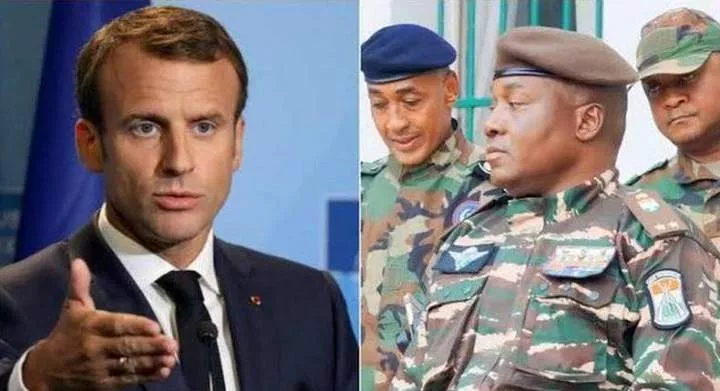
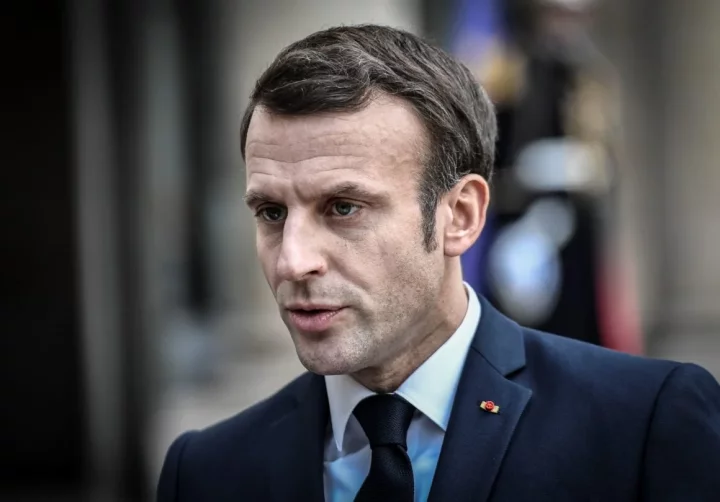
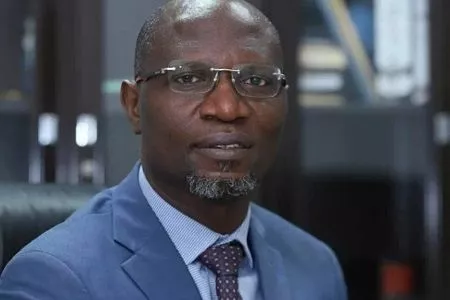




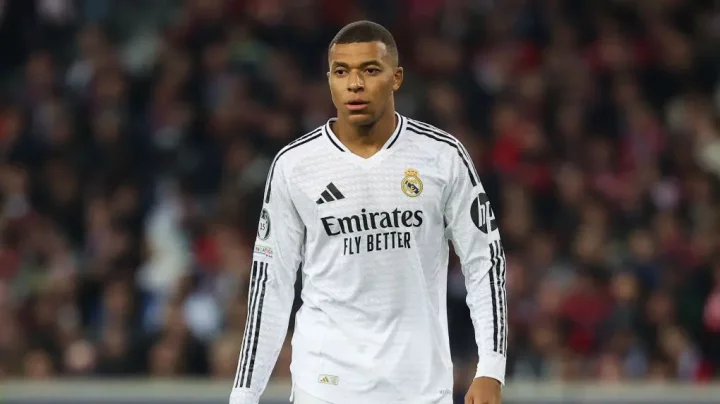



Comments